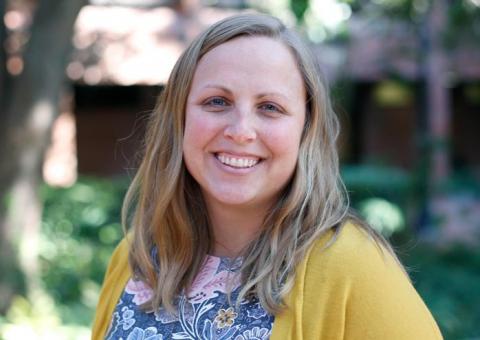
by evekung | Nov 16, 2022 | Research Spotlights
Q & A with Kathrin Maki, Ph.D., Assistant Professor in the School of Special Education, School Psychology, and Early Childhood Studies What basic questions does your research seek to answer? My work focuses on the identification of learning needs and development...


